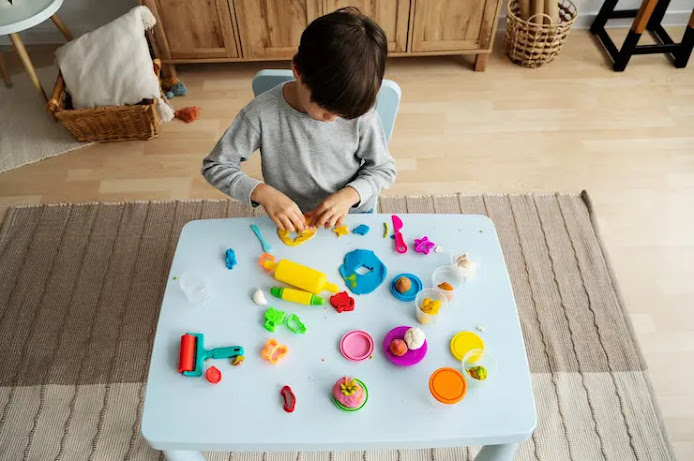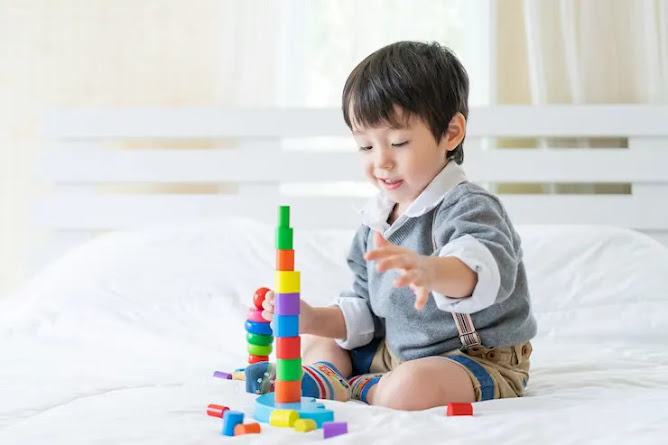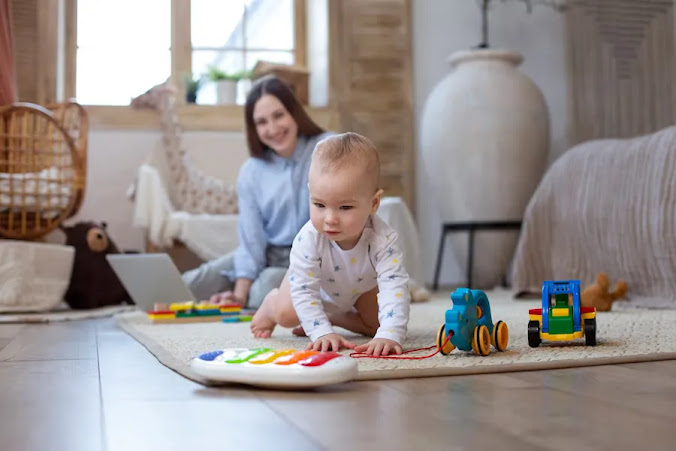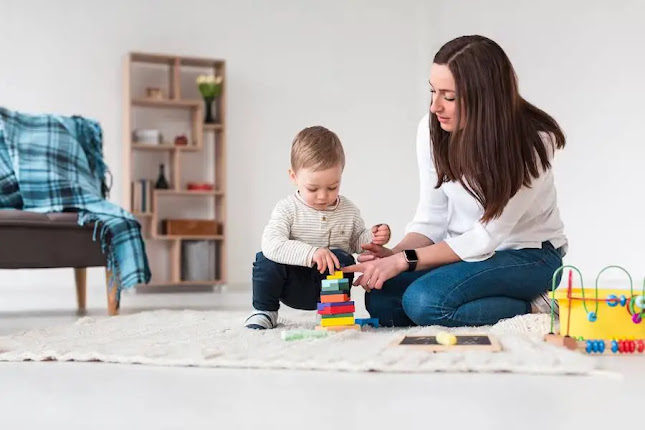Motor Development for Kids Aged 4-6: Supporting Your Child's Physical Development
Gross Motor Skills
Gross motor skills are the large movements that involve the whole body, such as running, jumping, and throwing. These skills are crucial for your child's overall physical development and can be encouraged through physical activity and outdoor play. Provide your child with opportunities to engage in physical activity, such as playing at the park or participating in organized sports. These activities not only provide exercise but also help develop coordination, balance, and strength.
Activities that can aid in gross motor skill development in children
Here are some activities that can help develop gross motor skills in children aged 4-6:
Outdoor Play: Encourage your child to engage in physical activity outdoors, such as running, jumping, and climbing. Activities like these help develop coordination, balance, and strength.
Sports: Consider enrolling your child in organized sports like soccer or basketball. These activities not only provide exercise but also help develop teamwork, coordination, and gross motor skills.
Obstacle Courses: Create an obstacle course in your backyard using items like cones, hula hoops, and jump ropes. This activity helps develop coordination and balance while also providing a fun challenge for your child.
Dance Parties: Put on some music and have a dance party with your child. This activity helps develop coordination and balance while also providing a fun and enjoyable experience.
Ball Games: Play catch or kick a ball around with your child. These activities help develop hand-eye coordination and gross motor skills
Active Games: Play active games like tag, hide-and-seek, or follow the leader. These games promote physical activity while also developing coordination and balance.
Fine Motor Skills
Fine motor skills, on the other hand, are the small movements that involve the hands and fingers, such as writing, drawing, and using scissors. These skills are crucial for your child's academic development and can be encouraged through activities that promote hand-eye coordination and fine motor control. Engage in activities with your child that involve small movements, such as colouring, playing with play dough, or practising cutting with scissors.
Activities that can aid in fine motor skill development in children
Here are some activities that can help develop fine motor skills in children aged 4-6:
Colouring and Drawing: Encourage your child to colour and draw using crayons, pencils, or markers. This activity helps develop hand-eye coordination and fine motor control.
Play-Dough: Give your child some play-dough to roll, squish, and mould. This activity helps develop hand strength and fine motor skills.
Puzzles and Board Games: Encourage your child to play with puzzles and board games that involve small pieces or parts. This activity helps develop fine motor control and hand-eye coordination.
Cutting with Scissors: Provide your child with child-safe scissors and practice cutting with paper or craft materials. This activity helps develop hand strength and fine motor control.
Beading and Stringing: Encourage your child to string beads or pasta onto a string or pipe cleaner. This activity helps develop hand-eye coordination and fine motor control.
Typing or Using a Computer Mouse: Introduce your child to a computer or tablet and practice typing or using a computer mouse. This activity helps develop hand-eye coordination and fine motor control.
Red flags to look out for
While every child develops at their own pace, there are some red flags to look out for in terms of motor development in children aged 4-6. Here are a few signs that may indicate a potential issue:
Difficulty with Basic Motor Skills: If your child is having difficulty with basic motor skills such as hopping, jumping, or throwing a ball, it may indicate a problem with gross motor skill development.
Difficulty with Fine Motor Skills: If your child is having difficulty with fine motor skills, such as holding a pencil, using scissors, or manipulating small objects, it may indicate a problem with fine motor skill development.
Poor Balance or Coordination: If your child consistently loses balance or has trouble with coordination during physical activities, it may indicate a problem with gross motor skill development.
Poor Hand-Eye Coordination: If your child consistently has difficulty with hand-eye coordination during activities such as catching a ball or hitting a target, it may indicate a problem with motor development.
Avoiding Physical Activities: If your child consistently avoids physical activities or complains of pain or discomfort during physical activities, it may indicate a problem with motor development.
If you notice any of these signs, it may be worth discussing with your child's paediatrician or consulting with a specialist in motor development. Early intervention and treatment can help improve motor development and prevent potential issues in the future.
Visit Raising Superstars for more information on gross and fine motor skill milestones in children from birth.




Comments
Post a Comment